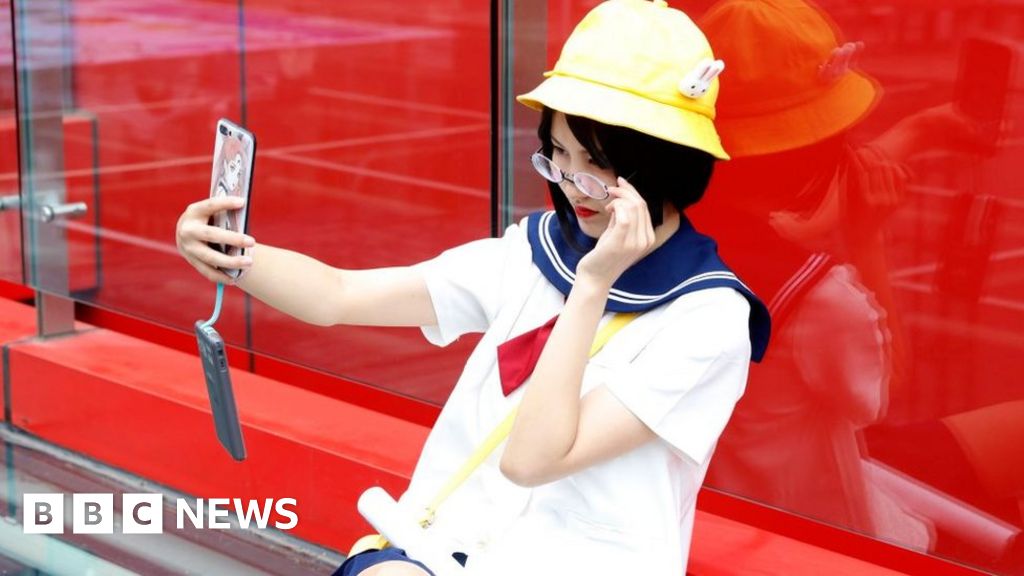A draft law banning speech and dressing “detrimental to the spirit of Chinese people” has sparked debate in China.
If the law comes into force, people found guilty could be fined or jailed but the proposal does not yet spell out what constitutes a violation.
Social media users and legal experts have called for more clarity to avoid excessive enforcement.
China recently released a swathe of proposed changes to its public security laws - the first reforms in decades.
The clothing law has drawn immediate reaction from the public - with many online criticising it as excessive and absurd.
The contentious clauses suggest that people who wear or force others to wear clothing and symbols that “undermine the spirit or hurt the feelings of the Chinese nation” could be detained for up to 15 days and fined up to 5,000 yuan ($680; £550).



For those wondering, “Hurting the feelings of the Chinese people” is an actual phrase (伤害中国人民的感情) it started all the way back in the late 50s.
this last part “感情 ganqing” translated as “feelings” or “emotional attachment”, it’s actually an important part of chinese culture, esp business culture (similar to this is “guanxi” which is someone’s network). These are major parts of chinese culture and relationships with others. this phrase is more like “you’re hurting our relationship”
This seems similar to Republicans’ current crusade to ban books they believe will hurt the “fabric of the country.”
It feels shady the way the media uses this overly literal translation of ‘hurt the feelings’ all the time in order to make the Chinese sound ridiculous. Could make any foreign language speaker sound ridiculous by cherry picking funny but common phrases and translating them literally.
? It’s the best way to translate it, some Chinese words don’t have good English translations and vice versa
There’s a better translation right here in this thread. “Hurting our relationship” is not so literal and so doesn’t sound daft in English.